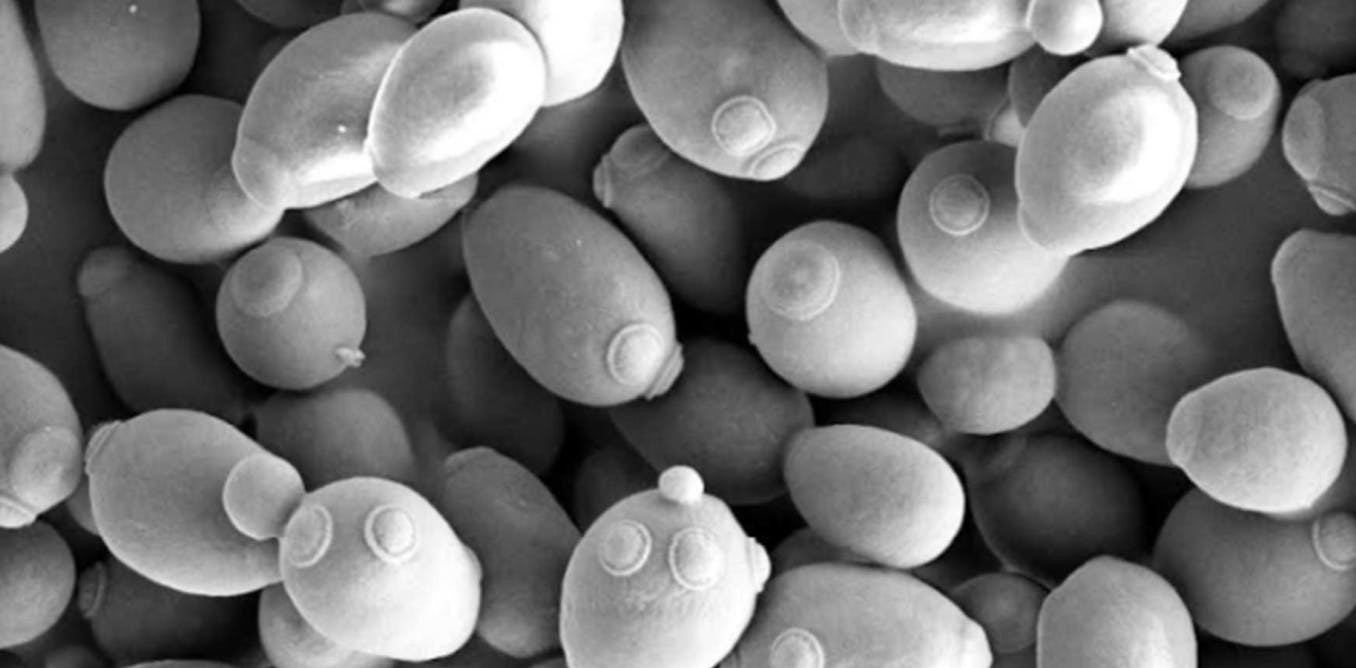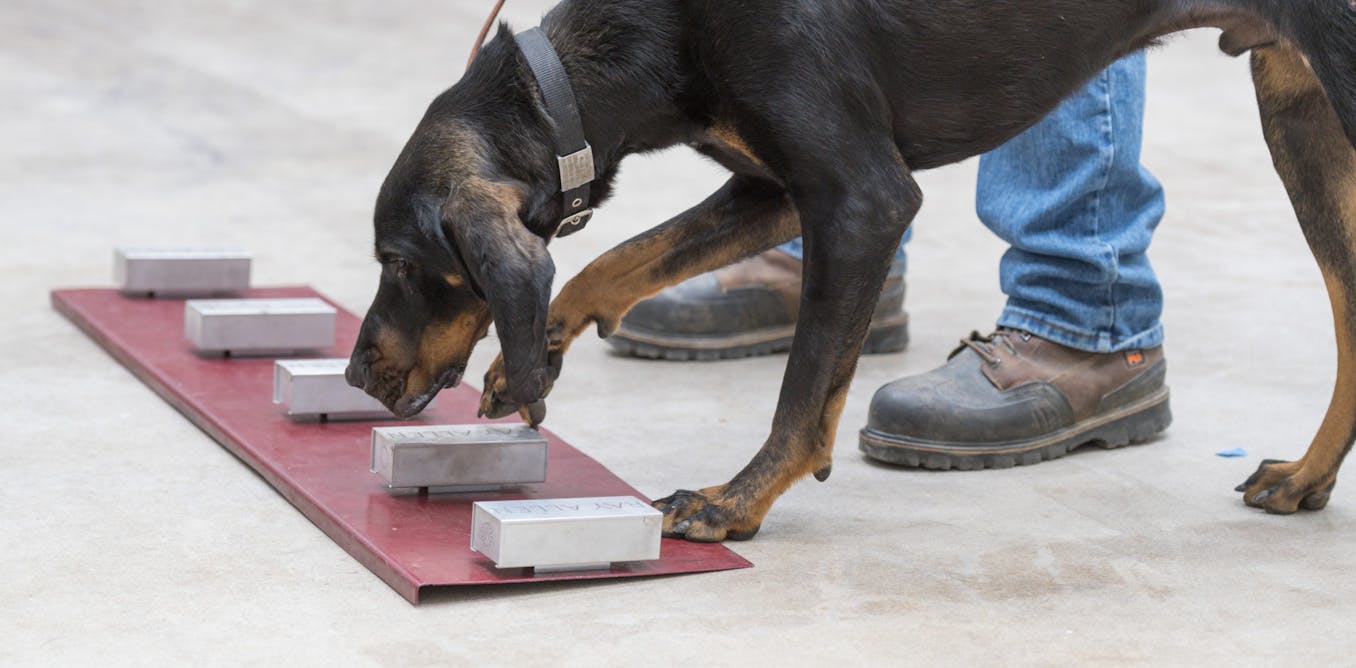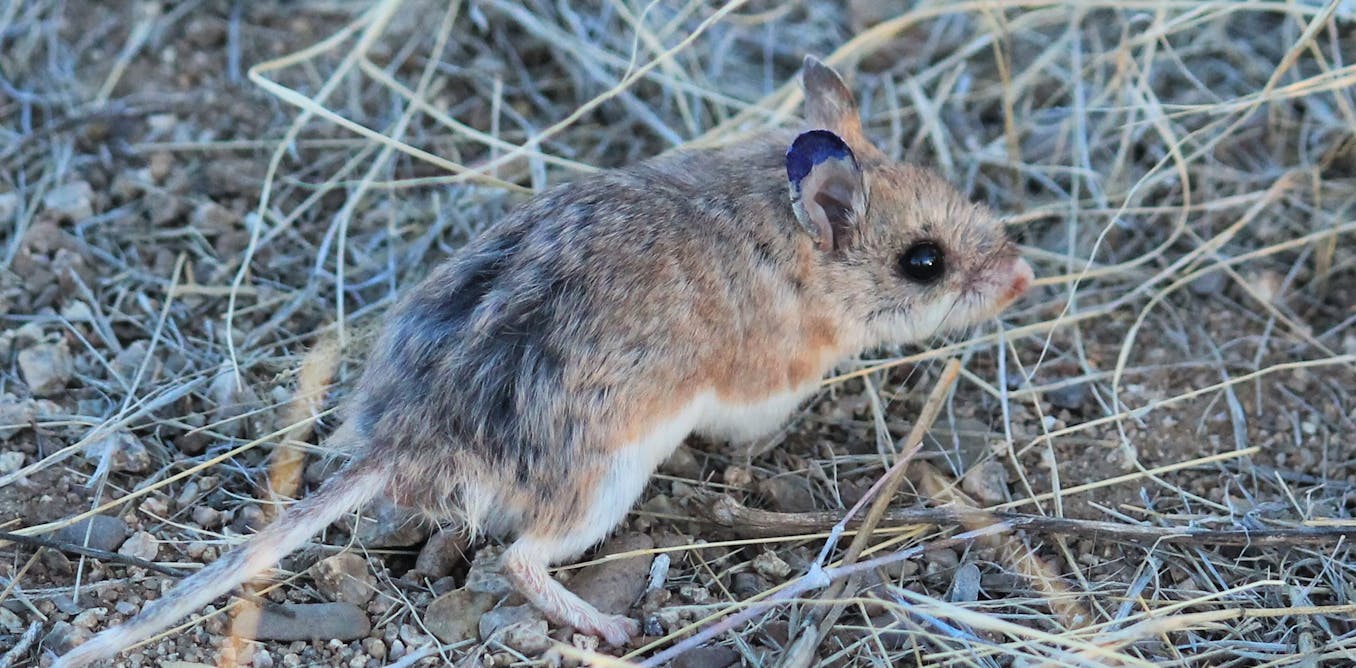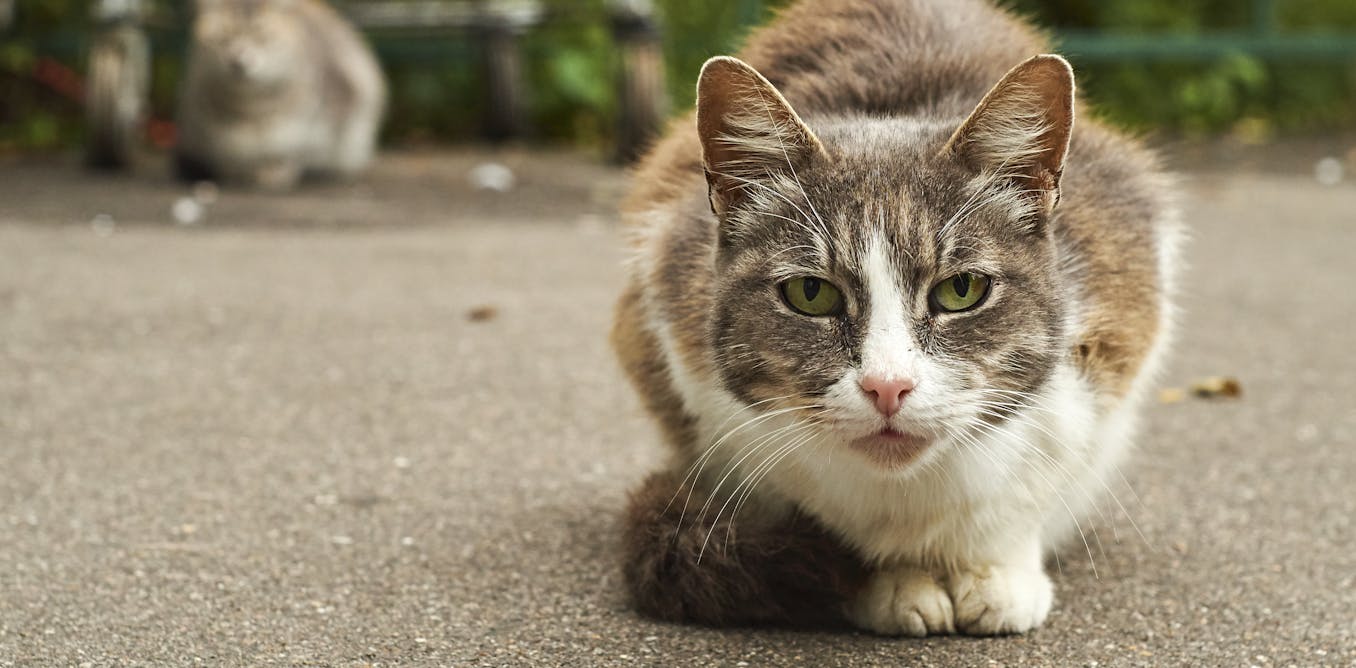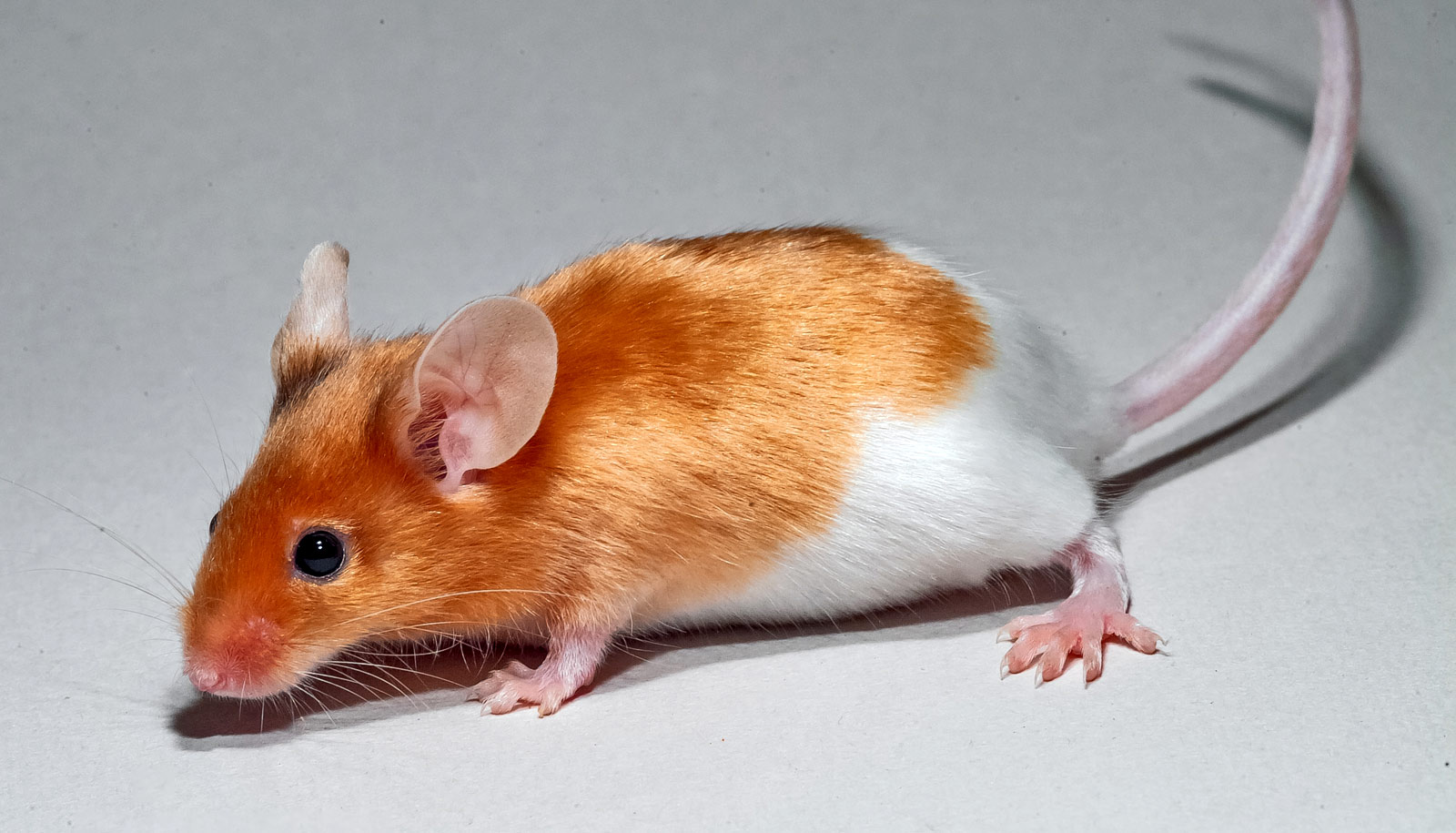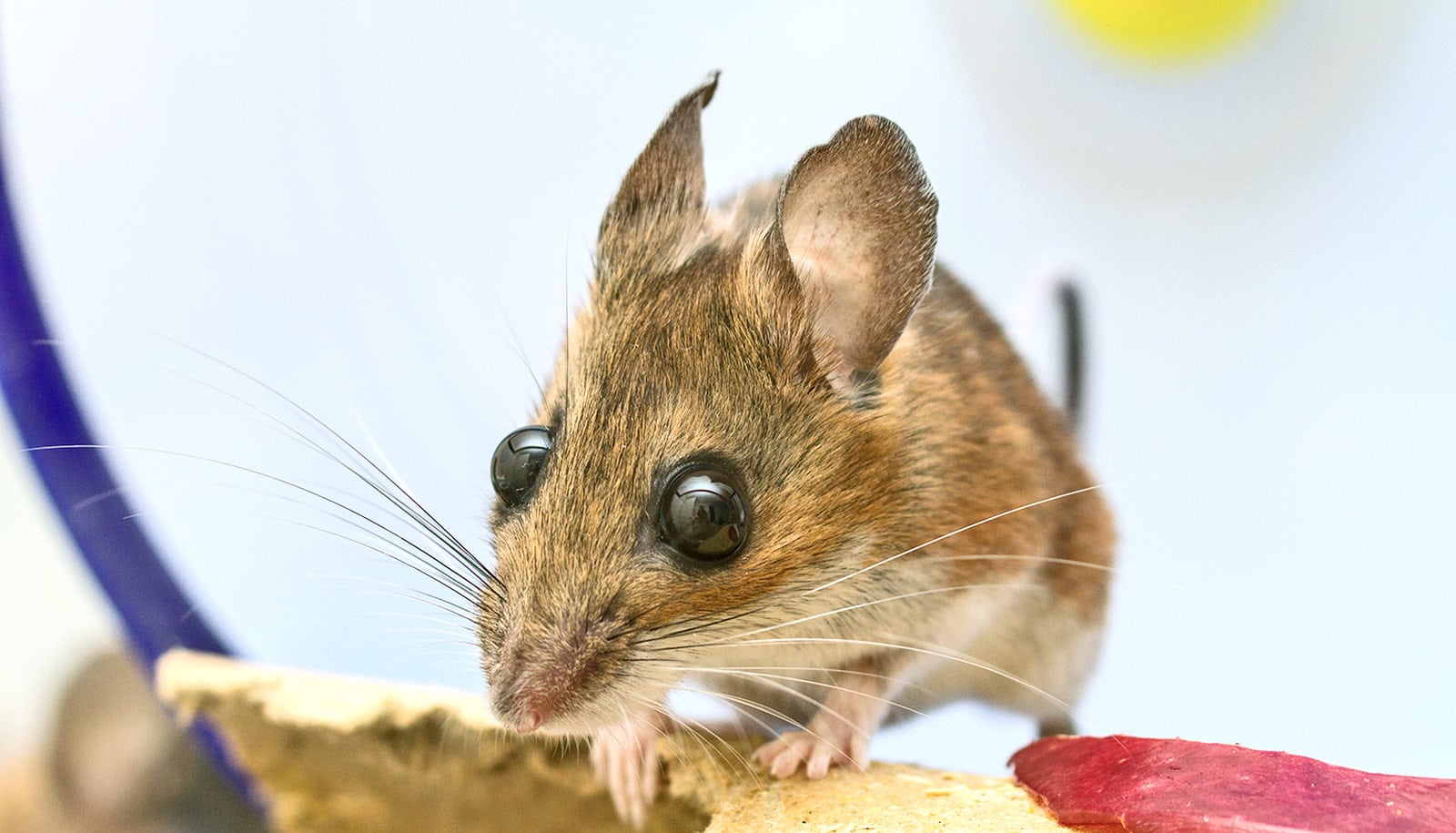We're creating 'humanized pigs' in our ultraclean lab to study human illnesses and treatments
Medical research to benefit people is first conducted in animals. Creating a new biomedical model by inserting human immune cells into pigs may lead to new insights and treatments.
April 12, 2021 • ~8 min


